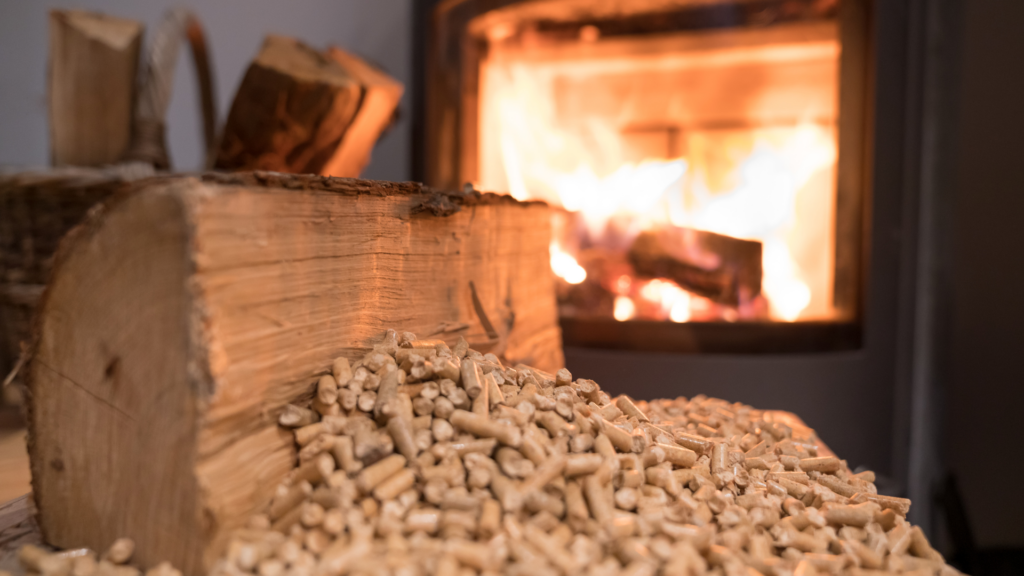Crises always provide an opportunity for crooks. As the energy crisis leads some households to look to alternative means of heating, the number of firewood and heating pellet scams has shot up.
Several customers have fallen victim to online scams after being tricked into paying a deposit for their winter supplies and being left waiting for goods that never arrived, RTBF reports.
Though firewood is different to other goods that are commonly subject to scams, fraudsters are using the classic technique of a website that appears to belong to a real company. Yet by changing a few letters the account number becomes untraceable and customers mistakenly assume that they have dealt with a real company.
Jacques and Valentin André are timber merchants in Bièvre, in the province of Namur, and regularly receive calls from cheated buyers: "They call and ask for their wood. But I haven't received anything, neither an order nor a deposit," explains Valentin André.
Too good to be true
Crooks entice buyers by offering wood far below market prices. "Paying €150 for a pallet of 3 cubic metres when they are €400 or even €500 everywhere else is naïve," says Jacques André.
You should always be wary of prices that are remarkably low and "never pay for your wood in advance, always on delivery", cautions Jacques André.
"Fraudsters are forceful when they offer a price reduction and the buyer has to make up their mind very quickly", explains Lien Meurisse, spokesperson for FPS Economy.
In July alone, the ministry received 126 complaints, including one from Michael Verstraeten, a lawyer in Ghent. "I ordered on the website and paid a €200 deposit to a French account number. But when I phoned the company, they told me I had been scammed. A foreign account number on a Belgian site should always raise a red flag for a potential scam."
Wood pellets
Philippe de Savigny, a large pellet distributor, has had his identity stolen by unscrupulous sellers who have copied his website. He too warns of stand-out prices: "We sell pallets for €700, the crooks offer it for €250! Their websites are based abroad and registered anonymously. We are fighting a faceless enemy."
De Savigny has so far come across about 50 such sites and says that there are many more out there. Pellet prices have almost tripled this year and people are now ordering for the coming winter, which promises to be difficult in terms of energy. De Savigny says that his stocks are unlikely to be sufficient to meet the demand".
Lien Meurisse, spokesperson for the FPS Economy, advises three steps to avoid being a scam victim:
- If the seller pressures you to buy quickly, this is a red flag.
- Check and compare the information on the website. Look for positive and negative reviews; you will soon know whether it is a scam or a serious company.
- And always remember that a good deal is often too good to be true.

